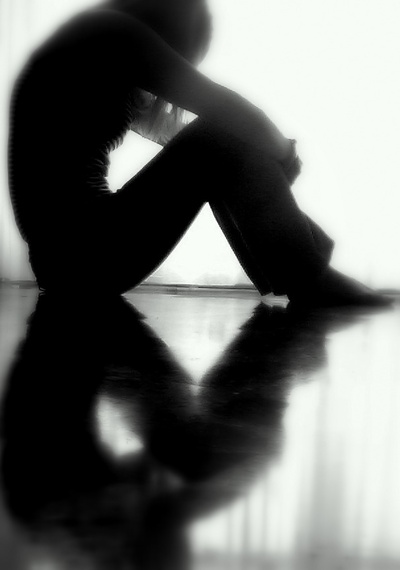As David Mamet told me, "If Hamlet comes home from school, and his dad's not dead, and asks him how school was, it's boring."
As a psychiatrist and novelist, I'm aware that all good stories are disturbing. No matter how beautifully written or "literary," a novel resonates deeply because the storyline tugs powerfully at us. It upsets, confounds and presents chaos, conflict, imbalance and upheaval -- either within its character's mind or circumstances.
As readers, we crave instability, disturbance, and uncertainty. They make us care about the characters and the outcome. We live vicariously through the anguish, turmoil and trouble the characters endure in a quest to reorder chaos -- the disequilibrium -- propelling the story.
I think this holds true for any tale, no matter how it is told -- plays, short stories, novellas or novels.
Think of Philip Roth's American Pastoral, in which the protagonist is tortured by his daughter's disappearance after bombing a government building. Conflict, fear and frightening circumstances are the gist of Ian McEwan's novel, Saturday, in which a neurosurgeon is stalked by a psychopathic monster after a minor traffic incident. Disturbance abounds in John Irving's The World According to Garp, and all his works. In Jane Hamilton's A Map of the World a child's drowning leads to shattering consequences for the protagonist and her family. John Updike's Rabbit series follows his protagonist's conflicted life over four decades.
Gillian Flynn's Gone Girl describes a dysfunctional marriage and its possibly murderous consequences. We expect Stephen King's novels to explore the frightening possibilities raised by paranormal or unexpected events; and his readers relish the ride on which he takes them. John Grisham's legal thrillers deal with murder, illegalities and their consequences.
Psychological thrillers brim with terror, imbalance and disorder. Masters of this genre, like David Morrell, Janet Evanovich, Harlan Coben and Lisa Gardner write best sellers because their novels deliver the chaos and upheaval the reader expects.
Classic literature follows the same conflictual design. In Crime and Punishment, Raskolnikov is tortured by guilt after killing an elderly woman. Disturbance abounds in Dickens's novels Oliver Twist, David Copperfield, A Christmas Carol, and others. Those penned by Hardy, Dumas, Hawthorne, Kipling, and Stevenson orbit around some highly disturbing element.
Human nature hasn't changed in its need to derive pleasure from fictional disorder. The Iliad, The Odyssey and other tales of antiquity involve incest, fratricide, patricide, kidnapping, murder, wars, and every conceivable horror that can beset human beings.
Classic children's stories have the same disturbing infrastructure. There's Pinocchio, Little Red Riding Hood, Cinderella, Snow White, The Boy who Cried Wolf, Jack and the Beanstalk and many others.
Whether published last year or passed down from antiquity, I can't think of one compellingly popular story that doesn't have at its core something dark, dangerous or disturbing.
Can you?
Mark Rubinstein
Author of Mad Dog House and Love Gone Mad

